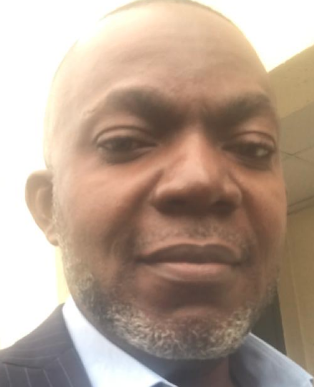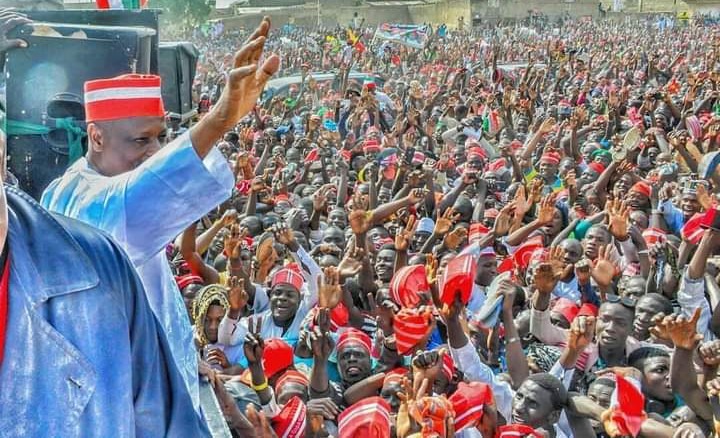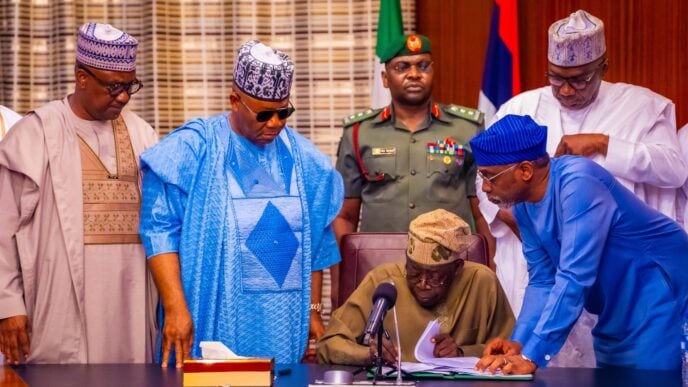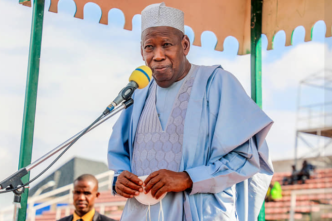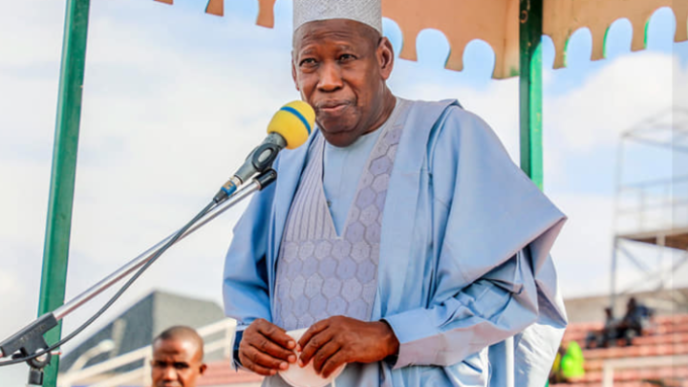One of the most poignant examples in history of a leader who failed to confront the real enemies of his people while appeasing his oppressors is the vassal King of Judah, Zedekiah. His reign, between 597 and 589 BCE, was marked by indecision and fear, culminating in the fall of Jerusalem, the Babylonian exile and his eventual death.
Confronted by internal strife and external pressure, he was more concerned with appeasing the nobles than with confronting the reality of Judah’s situation and doing what was necessary to save his people.
King Zedekiah’s story serves as a cautionary tale of leadership marked by fear and indecision. His reluctance to confront the real threat posed by Babylon and his eagerness to appease certain factions led to the downfall of his kingdom and the suffering of his people.
In the end, Zedekiah’s reign is remembered not for its strength or wisdom but for its tragic consequences, illustrating the dangers of leadership driven by fear and the desire to please higher authorities at the expense of one’s duty to the people.
Advertisement
Being a Reverend Father, Governor Hyacinth Iormen Alia, must know the story of King Zedekiah in the Bible like the back of his hand. Though the circumstances are different, his handling of the genocide in his state reminds one not only of King Zedekiah but also of the jackal often depicted in folklore and literature as a cowardly, but opportunistic scavenger. The jackal lingers near stronger predators, such as the lion, pretending to be bold while relying on their strength, displaying its eagerness to please or flatter the stronger animal in the hope of protection or reward.
Like the jackal, Governor Alia mirrors the classic traits of sycophancy- cowardice, flattery, and false courage. He comes across as an insecure creature masking its fear with false bravado and exaggerated loyalty.
As his citizens were slaughtered by marauding herdsmen, with many taking shelter in displaced persons’ camps, he puffed with false courage – barring Peter Obi from visiting the state, not because Obi posed a threat, but because the presidency might frown at an opposition leader bringing relief to a wounded land.
Advertisement
Not long after, displaced persons from the Yelwata community in Guma local government area of the state took to the streets of Makurdi and blocked all the major entrances leading to the temporary camp located at George Akume Way to protest the shortage of food and other essential items in the camp provided by the state government. What would have been going on in the Rev. Father’s mind as he watched the footage of the protest?
In conduct and utterance, Governor Alia offers platitudes instead of protection, feigning strength yet crouching in cowardly obedience to an aloof Commander-in-Chief. His loyalty is not to justice or the lives lost, but to presidential power – the same power that watched in strategic silence as the blood of hundreds of his people stained the soil.
Like a jackal trembling at the edge of the lion’s domain, Governor Hyacinth Alia postures with hollow bravado, not in defence of his people, but in desperate service to the throne that ignored their cries. While the soil of Benue was soaked with the blood of the innocent – men, women, and children butchered by marauding herdsmen – the Governor busied himself polishing the boots of indifference epitomised by Aso Rock.
So, typically, after the last massacre, he did not rage against the silence from Abuja. He did not rage at the reported refusal of security agents to intervene while the butchers carried on with their pogrom for hours.
Advertisement
Instead of mourning with his people, Alia declares a public holiday, choreographs pageantry, rolling out drums and forcing school children to stand in the rain, shivering, and waving tributes at a visiting President who preached reconciliation while the charred remains of hundreds of Alia’s kin lay strewn across the plains of Benue like smoldering glacier.
Instead of a quiet condolence visit and solemn reception for the president and service chiefs, Alia organised a fanfare. The streets were lined with groups holding placards emblazoned with images of President Tinubu and Governor Hyacinth Alia. Collectively, they turned the blood-soaked soil of Benue into a stage for re-election optics.
At the town hall meeting with the president, Alia made no demand for accountability or justice. No fiery rebuke of the federal government’s abandonment. Only sterile speeches and calculated obedience. While the Tor Tiv, Prof. James Iorza Ayatse, spoke truth to power, Alia was tentative and remained a servant of silence, dedicated to the calculus of self-preservation.
“We want to thank the security agencies in Benue for their efforts, but we solicit for more security measures to be taken to confront the challenges at hand, as the attacks on the peace-loving people of Benue have persisted for a decade. We want to thank Mr President for taking time out to come and mourn with the people of Benue as we believe this would bring an end to the security challenges that have persisted. Even though our hearts are heavy over the loss of our loved ones and ancestral homes, our hope is ignited by your visit. We thank Mr President for cancelling other engagements of concern to visit the people of Benue after the Yelwata attack as this is a true demonstration of leadership,” he said.
Advertisement
Thus, at a time that demanded grief and grit, the governor offered theatre. He showed his loyalty lies not with the slain or the grieving, but with presidential power, which has been cold and remote in what is happening in Benue. And so, while Benue bleeds, its governor bows, not with sorrow, but with submission, looking more like a leader not of the people, but of protocol and self-preservation. A leader more concerned with staying in the good graces of Aso Rock than standing with those who elected him.
In choosing to appease rather than protect, Hyacinth Alia has etched his name, alongside Zedekiah’s, as a leader who failed not for lack of means, but for lack of spine.
Advertisement
The cost is not only political; it is human, and it is devastating.
Advertisement
Views expressed by contributors are strictly personal and not of TheCable.
